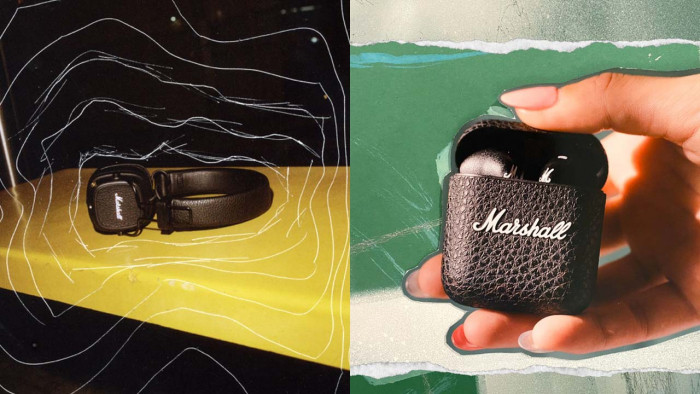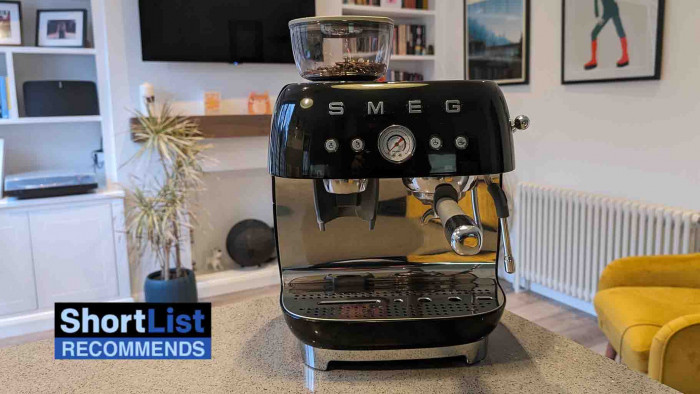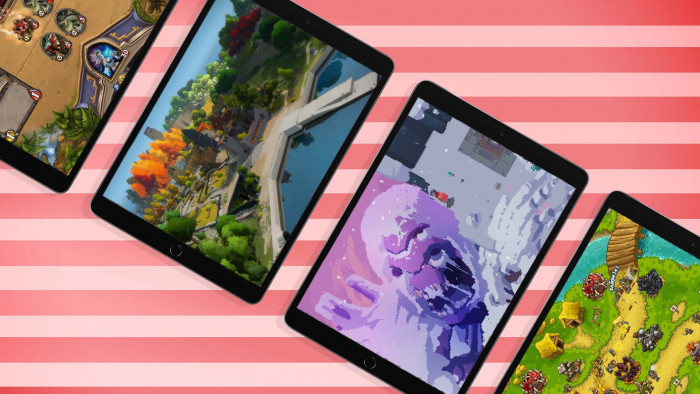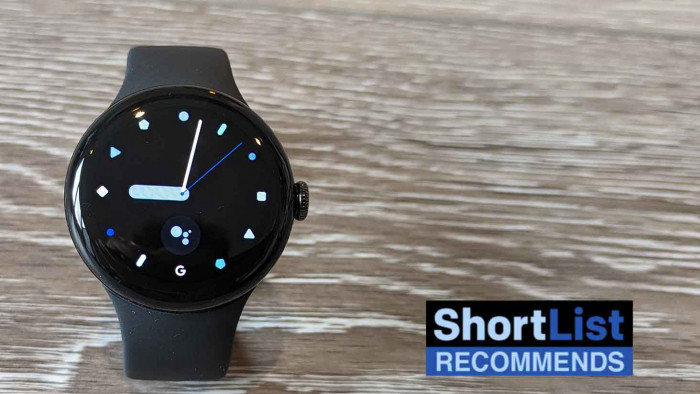The Florida shooting survivor fighting for gun control now has more Twitter followers than the NRA
These bad ass teens are finally standing up to the US gun lobby


The world watched in horror earlier this month as America suffered yet another mass school shooting, this time at Marjory Stoneman Douglas High School, Florida.
Seventeen people were killed and terrifying videos like this one circulated online:
Of course, Donald Trump exploited the tragedy to behave totally recklessly and without a shred of decency (as has become customary for the president). Instead, he suggested the only reasonable response to the shooting was to arm teachers.
It would have been easy to adopt the same weary response to earlier mass shootings like at the Las Vegas country music concert in 2017 (59 dead), at Orlando’s gay Pulse nightclub in 2016 (50 dead), at Virginia Tech in 2007 (33 dead) and at Sandy Hook Elementary School in 2012 (28 dead).
And when you look at the total number of gun deaths in America, things get even worse: at least 15,549 people were killed by guns in the United States in 2017, excluding most suicides, according to data collected by Gun Violence Archive (GVA). And if you’re black, you’re far more likely to be a victim of gun violence.
However, this time something feels different. Because this time the teens who survived the shooting have started to organise a surprisingly effective campaign to pressure the US gun lobby and politicians into making changes to gun laws.
Well-spoken, TV-friendly survivors like Emma Gonzalez, David Hogg and Cameron Kasky have delivered passionate, viral speeches (like the one below) and given confident, smart appearances on news channels and talk shows; these teens seem to be at the forefront of a real change in political campaigning in the US and have named their movement Never Again MSD.
They’ve even organised a nation-wide march called March For Our Lives on 24 March and have threatened boycotts of companies like FedEx, Amazon and Apple that refuse to cut ties with the NRA.
And in the latest sign of the movement’s growing success, teen leader Emma Gonzalez has now overtaken the NRA when in comes to total number of Twitter followers.
Activist and House of Cards creator Beau Willimon wrote on Twitter: “As of today, @Emma4Change now has more followers than the @NRA. It happened in less than two weeks.
“This is a movement. This is the future. Change is now.”
As of this afternoon (26 Feb) Emma Gonzalez has 961,000 followers while the NRA has just 584,000. Meanwhile, fellow survivor-turned-gun-control-activist David Hogg has 320,000, Cameron Kasky has 230,000 and Sarah Chadwick has 227,000. So if you add them all up (plus the dozens of other students who are also campaigning) the NRA is being totally overwhelmed in the social media struggle.
As great as this is, it does raise an important question: how effective is online and social media campaigning in bringing about real, long-lasting change?
The Arab Spring that started in 2010 was a revolutionary social movement that was undoubtedly helped along thanks to the internet and social media. But, as we’ve seen across the Middle East, real, long-lasting change has been hard to sustain.
In an alternative example of social media sparking social change, the #MeToo movement has been shockingly successful in bringing down powerful abusers like Harvey Weinstein when the legal system failed. Thousands of women used social media to name their accusers and the sister #TimesUp movement is now trying to make sure this momentum delivers permanent shifts in abusive workplace culture.
We’ll now see how far this movement can really go.
But what seems to unite the two movements is that they both have persuasive visible leaders and in both cases their arguments are undeniable: for #MeToo the scale of women’s suffering cannot be ignored, just as the horror of a mass shooting cannot be quietly swept under the carpet.
(Image: REX)








